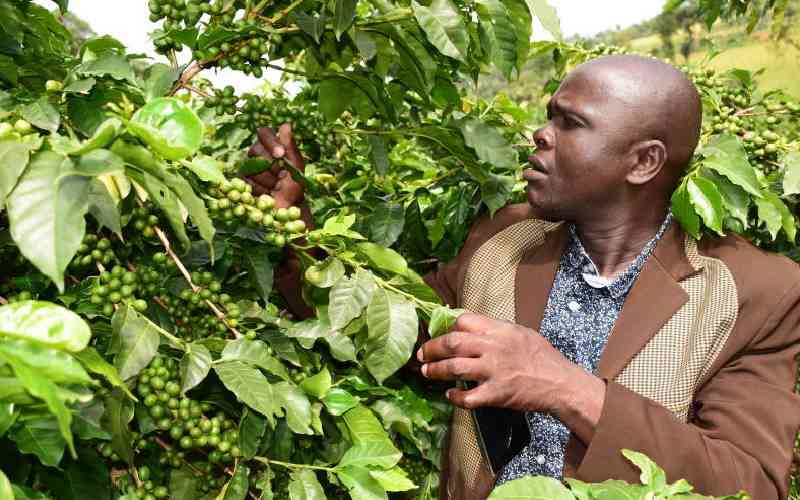Senate raises concern over grabbing of KALRO land
The committee has identified the Kenya Agricultural and Livestock Research Organization (KALRO) as the most affected, noting that this was hurting production and research in the country.
This came as the committee that is chaired by Senator David Wakoli warned that the budget cuts targeting the agriculture sector would come to haunt the country in the coming years.
According to the Bungoma Senator, unscrupulous traders working with government officers were targeting KALRO land, a move that had adversely affected operations.
He said that the senate would work with the Ministry of land to make sure that all the land set aside for agriculture research and production had a title deed.
“We will do a catalogue of all that land and demand the Ministry for Lands to procure title deeds for those properties and ensure the institutions run independently,” he said.
Speaking after visiting KALRO station in Naivasha, he lauded the institution for the service it was rendering to farmers despite the financial constraints.
He noted that the partnership between the institute and county governments had seen farmers across many counties benefit from subsidized chicks and pigs.
“There is always fear that the financial constraints may affect research and production but we will work with all the agents in the Ministry to be able to deliver on their mandates,” he said.
On his part, Kisumu Senator Tom Ojienda said that the KALRO Act of 2013 should be amended, so that the institute could get more capacity to undertake its operations.
“We should get more money for KALRO to boost production as this institute has great capacity to ensure the country is food sufficient,” he said.
This was echoed by his Embu counterpart Alexander Mundigi who termed the grabbing of KALRO land as a major threat to the country’s food security.
“In Naivasha, the research station has over 3,000 acres but half of this has been grabbed by individuals and the cases are dragging on in court,” he said.
A director with KALRO Samuel Mbuku admitted that they were facing financial constraints but was quick to note that they were working with development partners and counties to meet farmer’s demands.
“Others challenges include drought which is affecting our production systems, diseases and high cost of inputs but we are addressing them using climate smart technologies,” he said.












